In July 2025, a thought-provoking exchange lit up X (formerly Twitter) between two of tech’s most influential voices: Elon Musk, CEO of Tesla and SpaceX, and Pavel Durov, founder of Telegram. Surprisingly, it wasn’t about AI, crypto, or space but something even more foundational:
Should students focus on mathematics or physics to best equip themselves for the future?
This brief yet powerful exchange triggered a wave of global discussions especially among students, educators, and tech professionals about what truly builds a strong, future-ready mind.
Pavel Durov’s Stand: The Power of Pure Mathematics
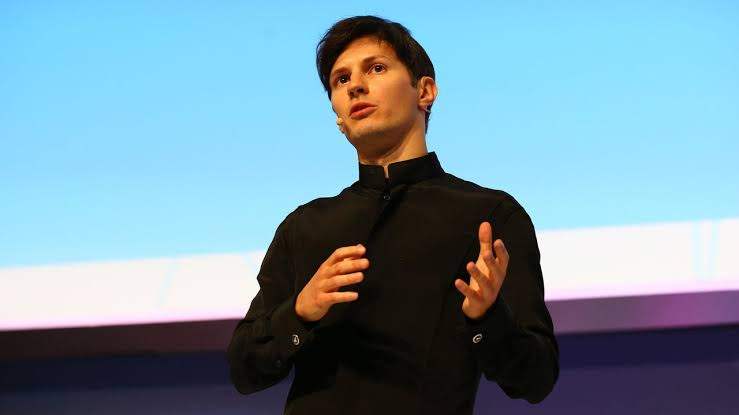
Pavel Durov believes that mathematics is the best way to sharpen the mind. For him, it isn’t just a subject; it’s mental discipline. He emphasized that math trains you to think logically, break problems down step-by-step, and solve them systematically. It demands focus, clarity, and above all, self-reliance.
"If you're a student choosing what to focus on, pick mathematics. It will teach you to rely on your own brain, think logically, break down problems, and solve them step by step in the right order. That's the core skill you'll need to build companies and manage projects."
For Durov, math is a universal toolkit which is essential for entrepreneurship, strategic decision-making, and managing complexity. It prepares your mind to operate independently in a world filled with distractions and noise.
Elon Musk’s Reply: Physics Grounded in Math
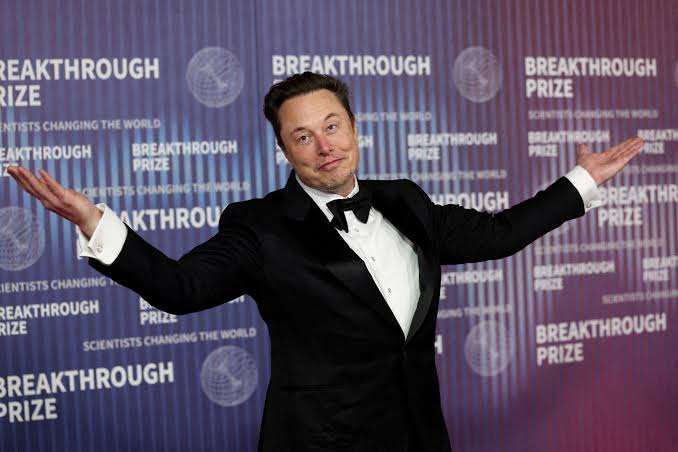
Elon Musk, known for building companies that defy conventional limits, responded with just three words:
"Physics (with math)."
Musk’s perspective is grounded in what he often calls first-principles thinking i.e. a method of breaking down complex problems into their most fundamental parts and reasoning upward from there. This approach is rooted in physics.
While he agrees that math is essential, Musk believes its true power comes alive when applied to the real world through physics. It’s not enough to think logically, you must also understand the systems that govern nature, technology, and life itself.
For Musk, physics transforms equations into rockets, algorithms into self-driving cars, and theories into innovation.
The Dialogue That Followed: Not a Battle, But a Blueprint
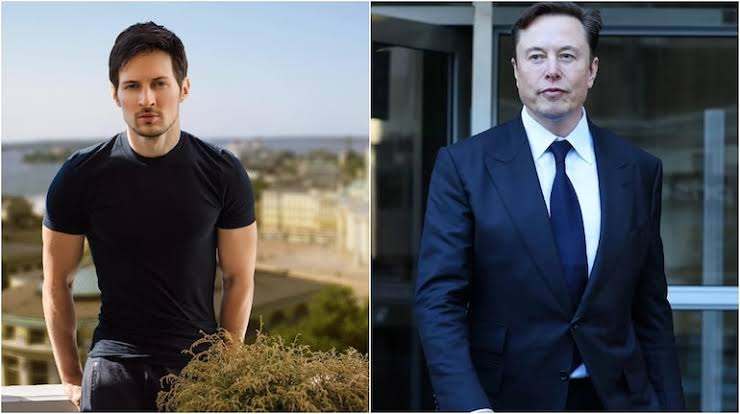
What looked like a debate quickly evolved into mutual agreement.
Durov later replied that once students are confident in mathematics, they should absolutely explore physics and computer science. These fields, he said, help apply math in meaningful ways, sharpen reasoning, and drive real-world impact.
“+1. If you're already strong in math, it's worth exploring physics and computer science both are excellent ways to apply math in the real world, sharpen your logical and critical thinking, and solve important problems.”
Their conversation revealed a natural learning journey: Start with math. Then apply it through physics, engineering, or computer science.
Public Reactions and Broader Implications
The exchange quickly went viral, drawing reactions from educators, industry leaders, and students across the world.
Some championed Durov’s purity of logic, pointing to math as the universal language behind every great breakthrough. Others echoed Musk, praising the importance of grounding abstract knowledge in physical reality.
But the most resonant response was this: You don’t have to choose one over the other. The path to innovation often begins with structured thinking (math) and matures into system-level understanding (physics).
In education, this reinforced the idea that students should be encouraged to build deep conceptual frameworks before diving into tools or technologies. In industry, it emphasized that the most valuable thinkers are those who combine theory with real-world relevance.
And for students, it highlighted the importance of mastering both abstraction and application, not just to succeed in exams, but to lead in a future shaped by AI, automation, and constant reinvention.
Conclusion: What Builds the Future?
This wasn’t a feud between two tech giants. It was a shared insight into the kind of thinking the future will demand.
Both Elon Musk and Pavel Durov agree: Mathematics is the foundation. Musk simply took it a step further, suggesting that applying math through physics is what turns knowledge into invention.
So if you’re a student wondering what to focus on, maybe the answer isn’t “math or physics”, maybe it’s start thinking, then start building.
Learn to solve problems. Break them down. Understand what’s underneath the surface.
Because in the age of AI, the people who shape the future won’t just be the ones who know the most.
They’ll be the ones who think the best.
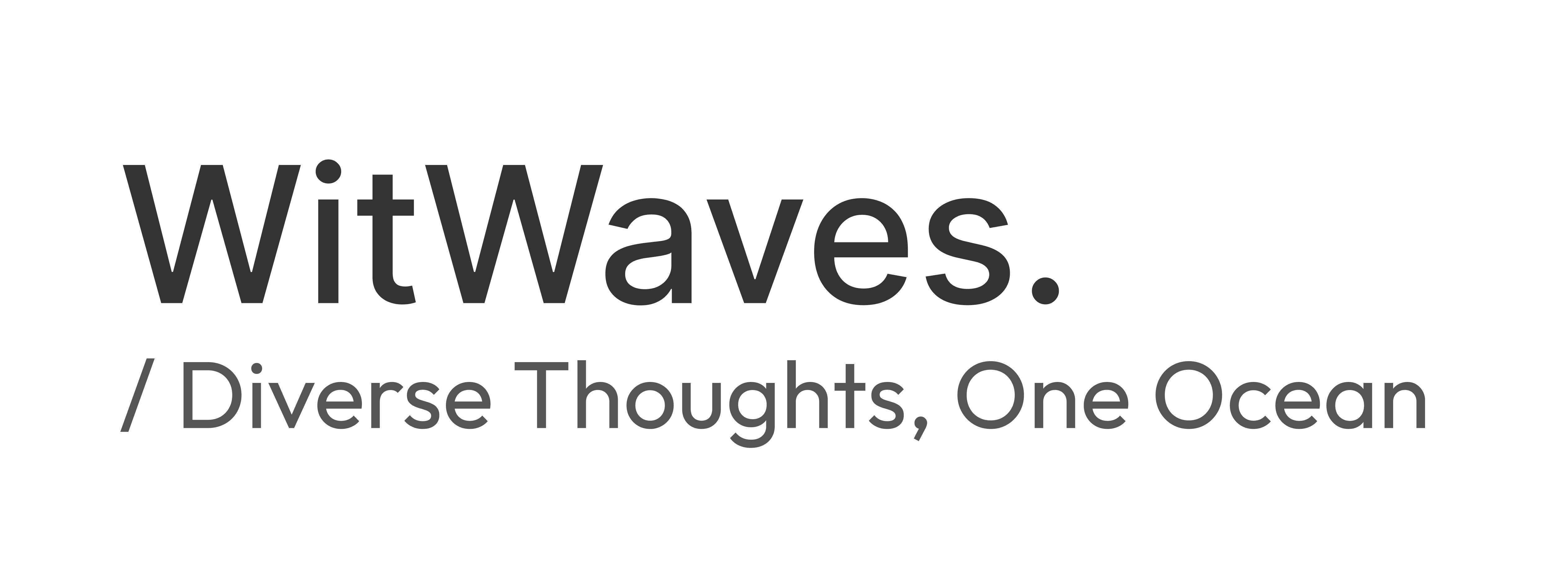
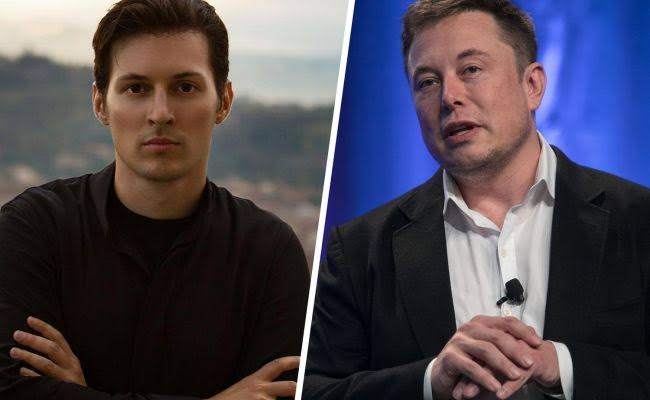
Comments0
No comments yet. Be the first to share your thoughts!